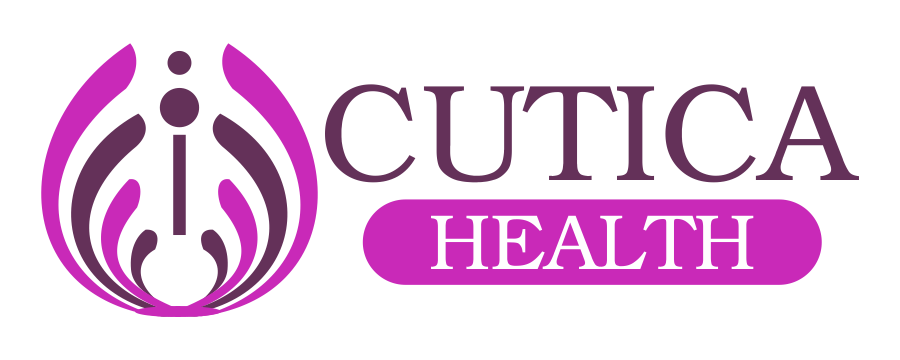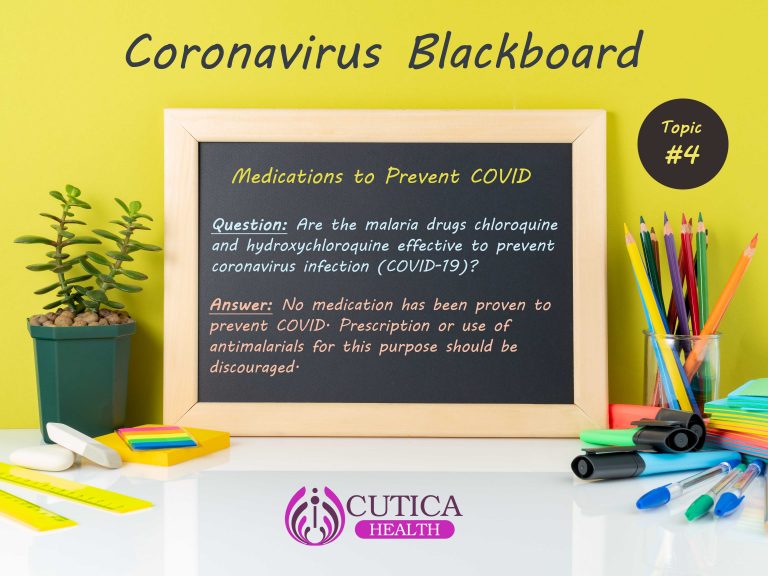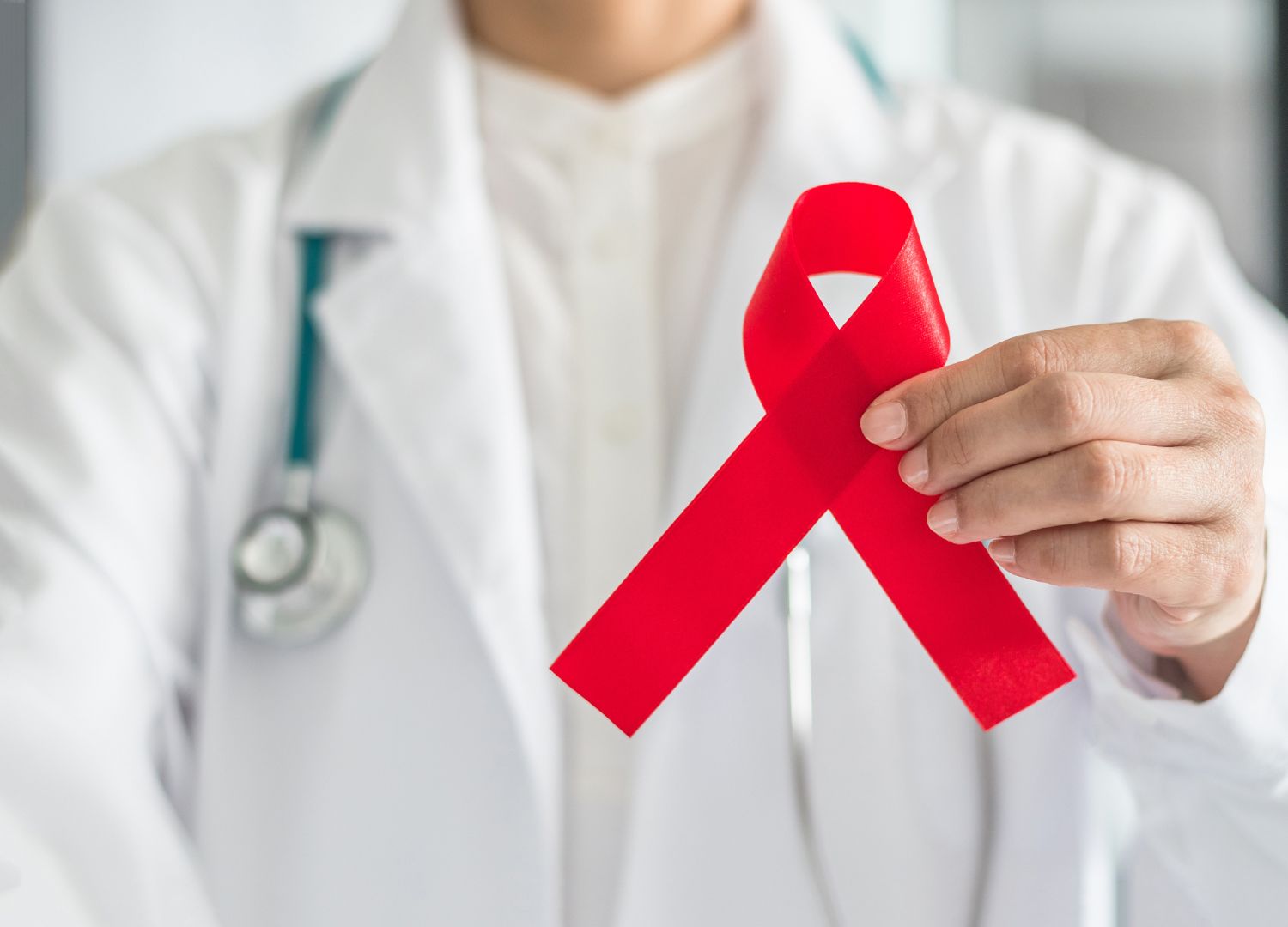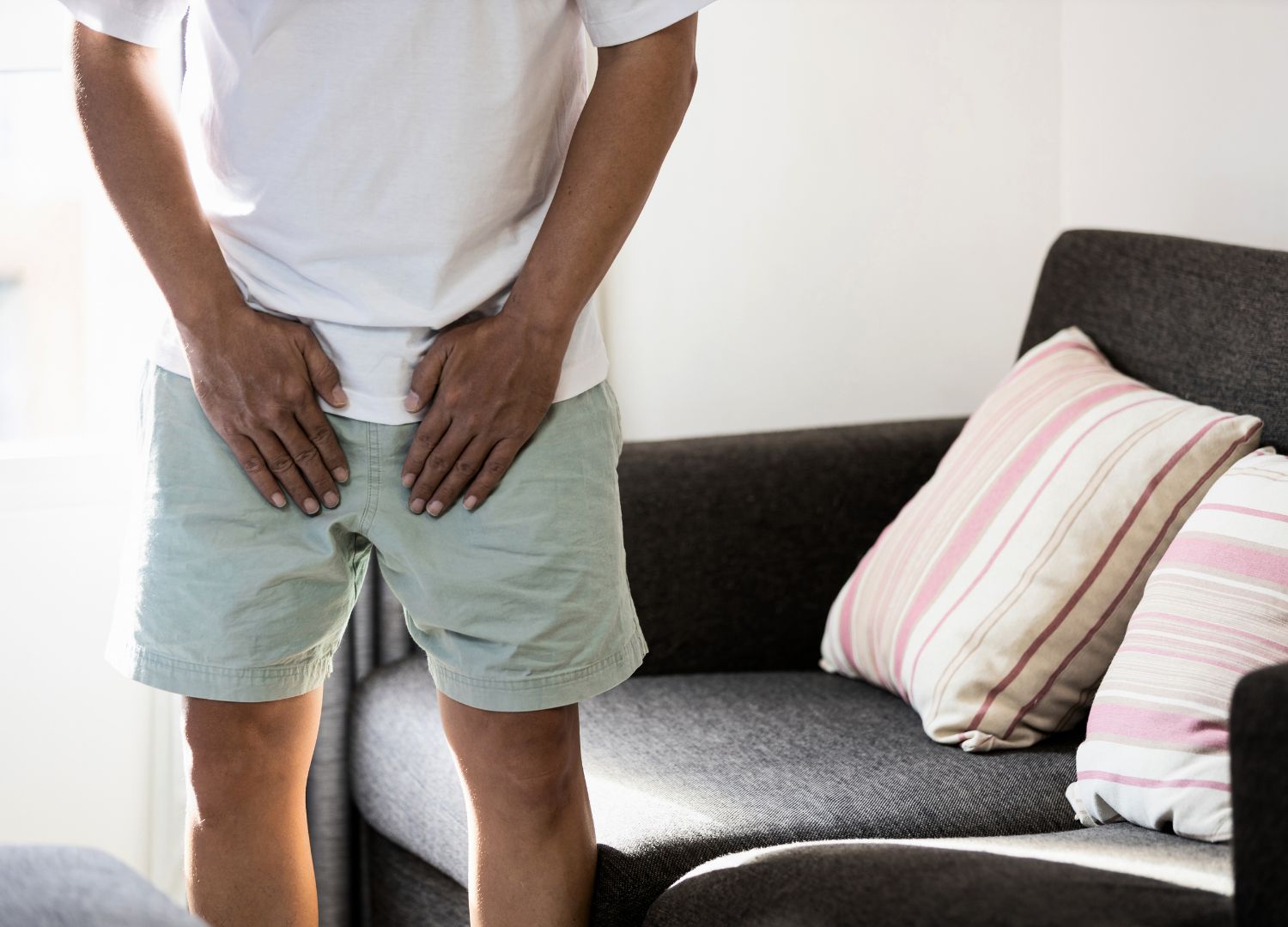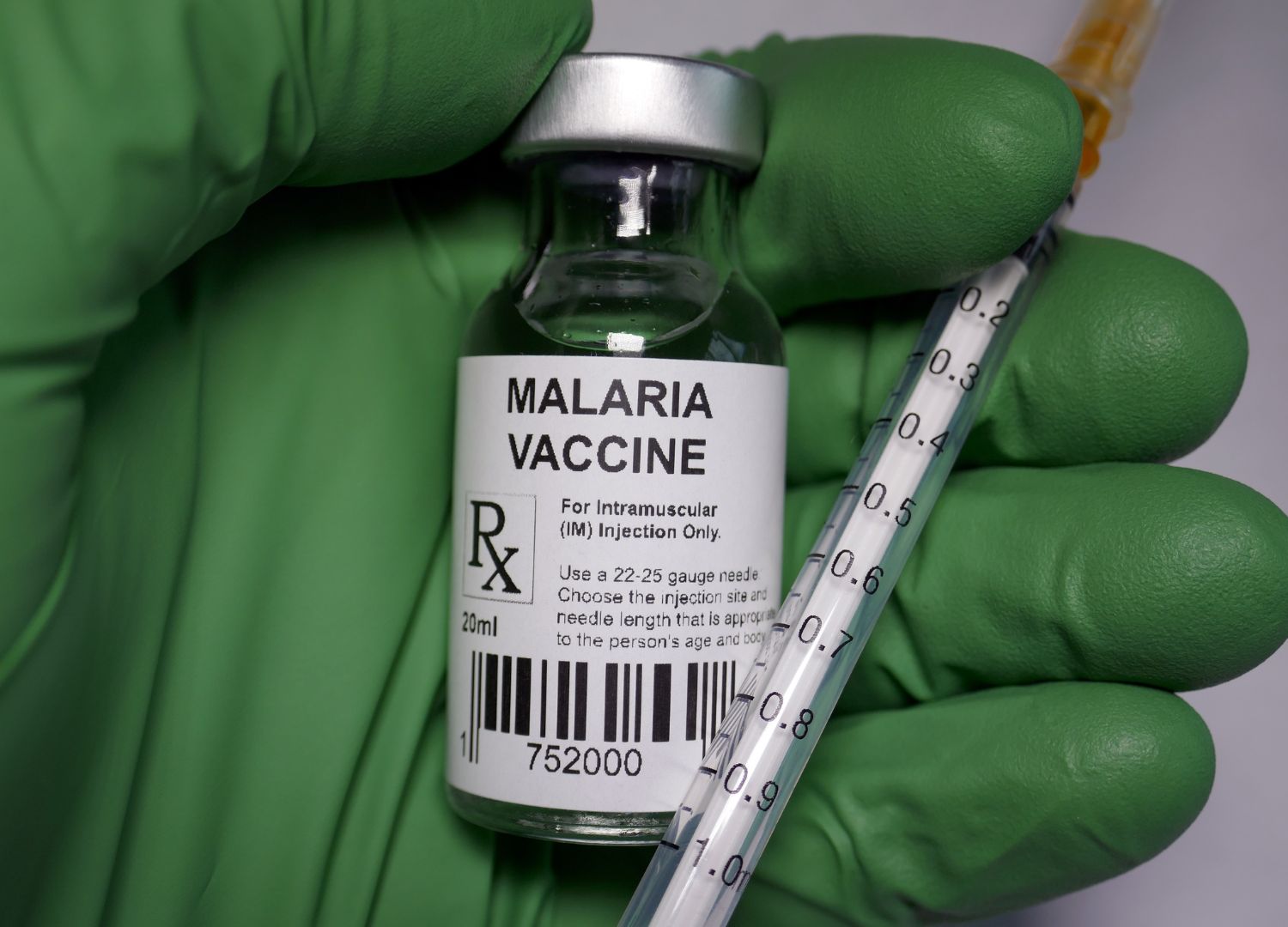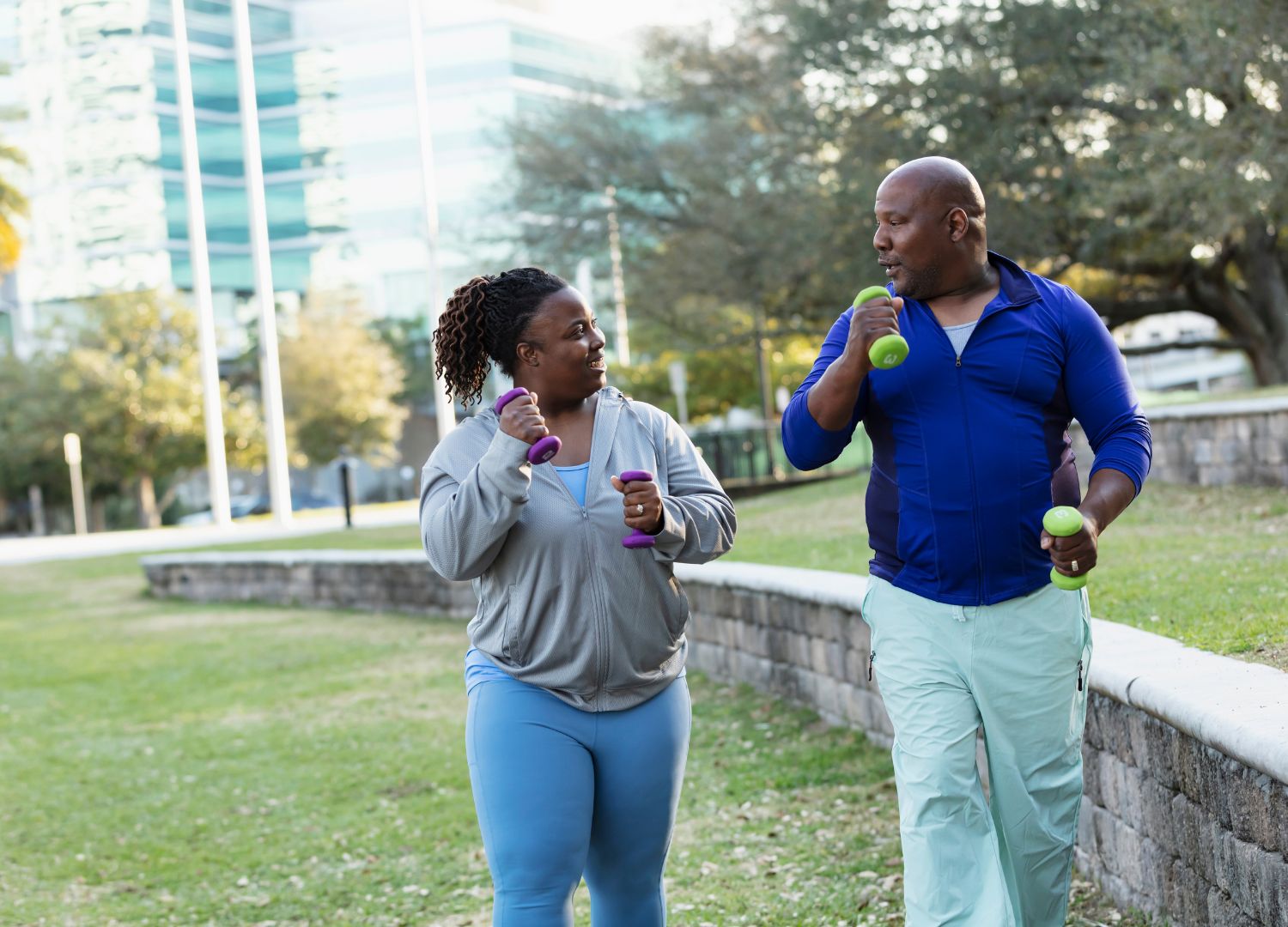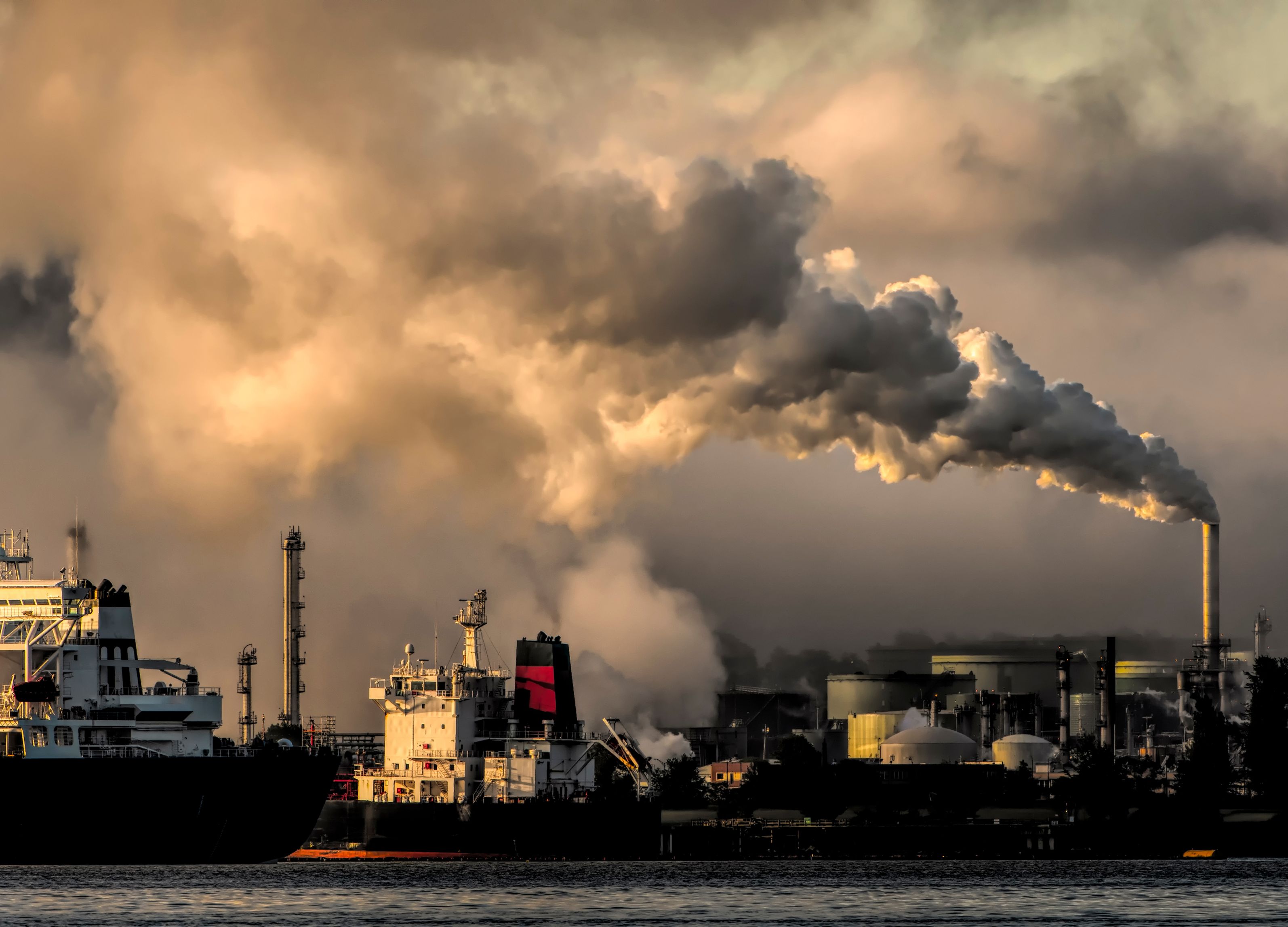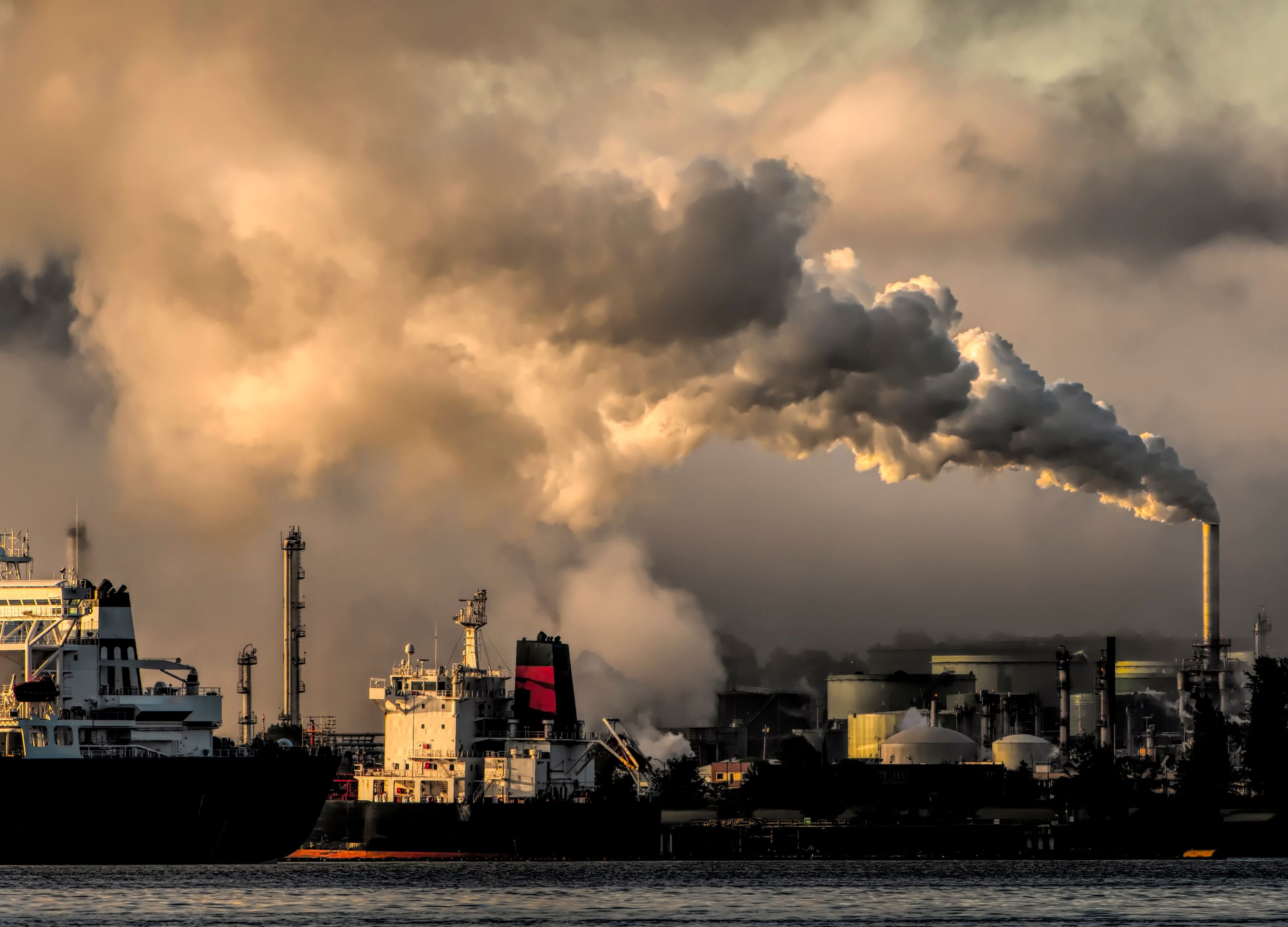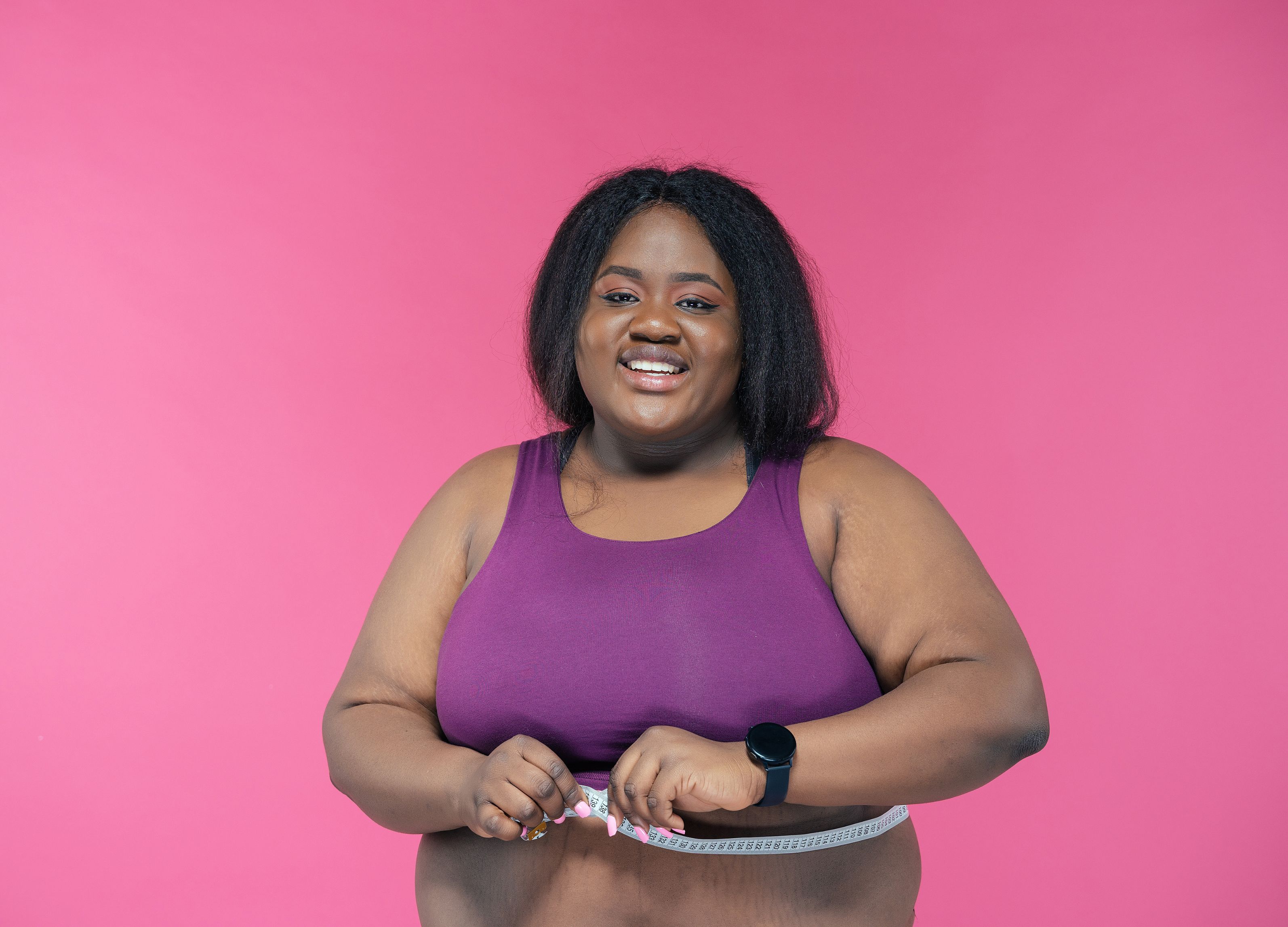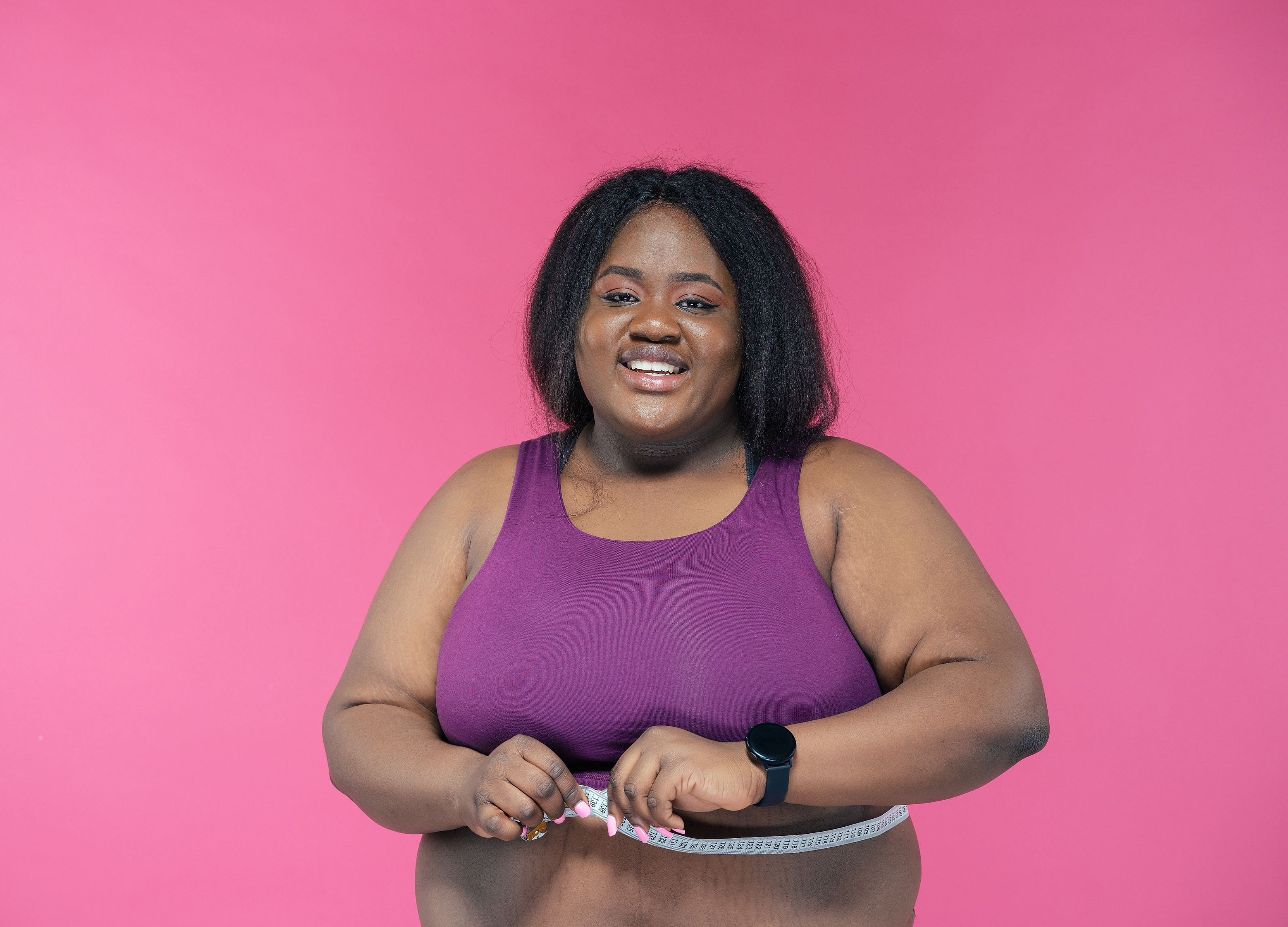Doctors prescribe medications to prevent infection in two ways. In one way, the medication is taken before exposure to infection (called pre-exposure prophylaxis), while the other way involves taking the medication after known or suspected exposure to the infection (called post-exposure prophylaxis). So far, there is no evidence that any medication can prevent COVID, when taken as pre-exposure or post-exposure prophylaxis. A large research study is underway to see if hydroxychloroquine is useful for post-exposure prophylaxis.
In the absence of evidence of benefit, it is important to consider if there is potential harm. Taking antimalarials to prevent COVID coronavirus may be harmful in the following ways:
- lead to side effects that may be serious
- create a false sense of security, which can cut down adherence to things that are known to work such as SOCIAL DISTANCING and HAND WASHING
- cause scarcity of the drugs for people and diseases such as lupus that they are really needed for
It is important to wait for the result of ongoing research. Hydroxychloroquine was also thought to be effective for preventing the flu until research showed it had no effect whatsoever.
